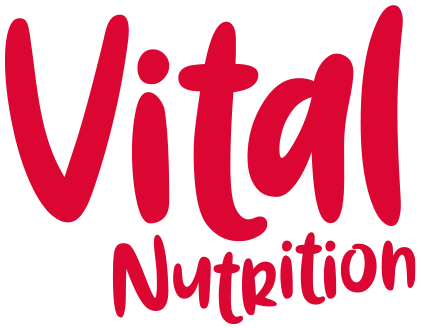Is your digestive system ready for the festive season?
Is your digestive system ready for the festive season? If you suffer from IBS, indigestion or diverticulitis, you probably already know that Christmas can be a bit of a belly ache for you.
Generally we don’t think too much about digestion until we get pain, gas, constipation or an upset tummy, but most of us know how debilitating it can be when our digestion is upset.
Here are some ideas to help keep your digestive system happy.
Know your triggers. Brussel sprouts, cabbage, lentils and beans are common triggers for IBS sufferers, but what hurts one person may help another, so keeping a food diary can help you work out what upsets your digestion. Once you have identified the suspects, remove them from your diet for a few weeks and see how you get on. Remember that just because you react to some foods now, it doesn’t necessarily mean they are off the menu completely. It may be that you can reintroduce these foods at another time. Try cutting out for 4 weeks or so and then bring them back in. If you still react, take them out for another few weeks. If you have no reaction, reintroduce them to your diet.
Avoid rich foods. High fat foods like creamy sauces, desserts and rich foods can put a load on your digestive system, but there are plenty of great alternatives. Look out for herby sauces, lighter desserts and alternatives that suit your digestion better.
Keep some soothing herbal teas on hand. Replace your tea and coffee with a herbal tea to support a healthy digestive system. Some people swear by peppermint tea after a meal, and fennel tea is a lovely tea that is traditionally used to help support healthy digestion.
How you eat is just as important as what you eat. Sit at a table and take your time to enjoy the food on your plate – let your brain tell your belly that there is food on its way! Tune into your senses to help active the rest-and-digest parasympathetic nervous system for more efficient digestion, and don’t eat when you are stressed out and in fight or flight mode. Notice how your food looks, smells, feels and tastes. Take time to chew and savour your food. When you’ve finished your meal, sit for a moment – don’t rush off to the next thing.
Bitter foods are thought to help stimulate digestion, A slice of lemon in water, a little rocket salad, or even eating your broccoli first may benefit digestion.
Keep your fibre intake up. Choose wholegrains, add some flaxseed to breakfast, pop pulses into soups and make sure you get your five a day. Just take care with wheat as many people with IBS find it is a trigger for an upset tum. Try oats, rice, quinoa or buckwheat instead, or look out for pasta made with chickpeas, green peas or red lentils (as long as these foods are not your triggers!).
Keep well hydrated – especially if you are adding more fibre to your diet.
Get some fermented foods into your diet to help keep your probiotic bacteria in a healthy balance. Live yoghurt, kefir, kimchi, sauerkraut and kombucha are great. Sauerkraut and kimchi is lovely with some cheese and crackers. Kombuca makes a healthy alternative to fizzy drinks or alcohol, and kefir yoghurt is teaming with friendly bacteria. Easy to snack on or add to breakfast.
Chill out. Stress is a big trigger for IBS, so do what you can to manage stress and build rest and relaxation into your routine – especially at this time of year.
Some people find taking a probiotic supplement is a helpful addition to a healthy diet for managing IBS symptoms. Optibac is a well known, and good quality brand. Also consider taking a digestive enzyme as this may help with symptoms of bloating and wind. Take with meals for a couple of weeks and see if it makes a difference for you.
Always talk to your GP if you get sudden changes to your usual digestion.

